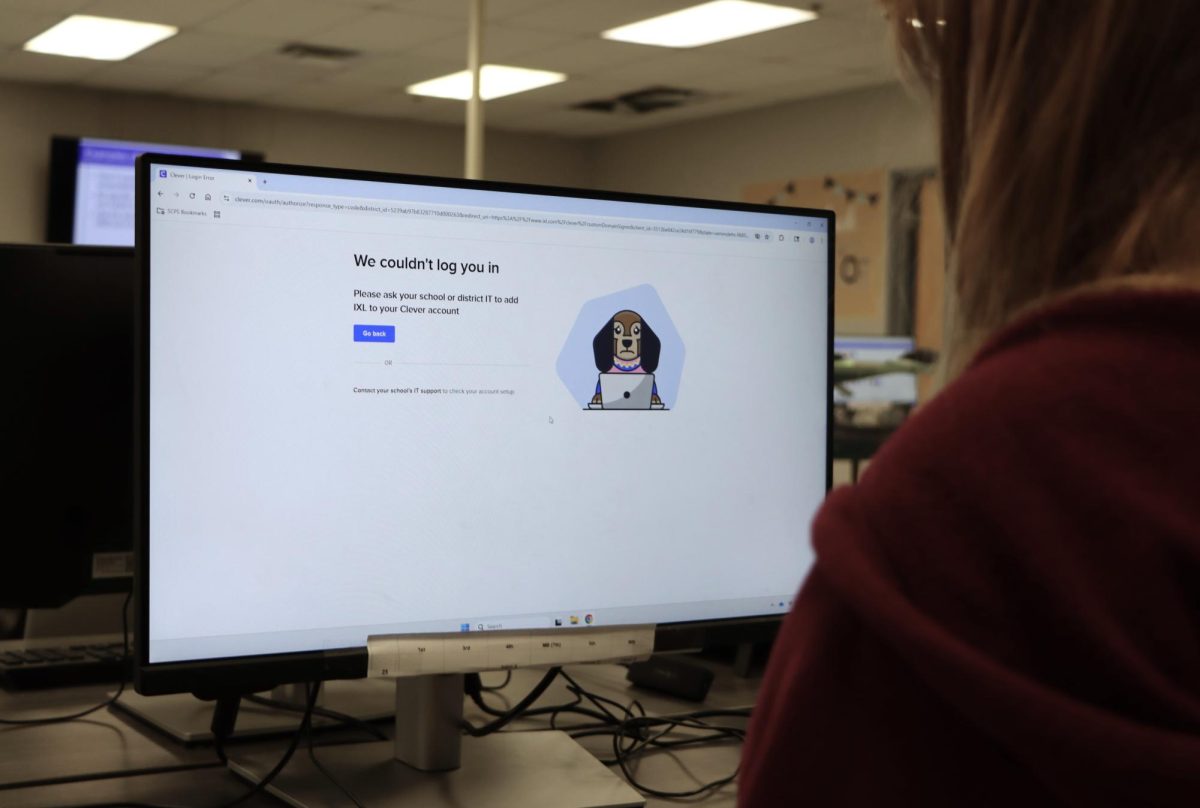For decades, African American history has been disregarded, incorrectly taught and outright banned. Beginning in the mid-1960s, students at college campuses throughout America protested for the creation and inclusion of African American history classes in the curriculum, an endeavor known as the Black Campus Movement. Years of advocacy resulted in the development of such courses, and with time, the availability of African American history classes increased in colleges and universities across the U.S.
This process was imperative for the development of curriculums offered today. AP African American Studies is an incredibly significant class, a recent addition to the courses offered in the Advanced Placement program. The class, piloted in 2022, is an in-depth interdisciplinary study of African American history, culture and arts. Students cover topics from the story of the African diaspora in America to the rich history of ancient African civilizations and the diverse culture of African Americans today.
Hundreds of teachers and scholars with expertise in African American history developed the class over the course of a decade. At duPont Manual High School, the elective has been offered for the past two years and is available to sophomores. The class is taught by Tim Holman (Social Studies).
“I think it’s an important class because it’s part of history that is often neglected, so it gives voice to the experiences of people that have often been relegated to footnotes and side notes,” Holman said.
Even now, after the considerable effort it took to create classes to accurately teach a part of history that has been ignored for so long, such curriculums are often censored. Florida, along with Arkansas, South Carolina and fifteen other states, have banned or severely restricted the AP African American Studies course. Various lawmakers in opposition to the class claim the content will lead to divisions between peers. However, students taking the course at Manual have a different perspective.
“I think POC kids should take this class to learn there is representation in the classroom, you know. But, also, I think that white students should also take the class because they should realize the perspective of their POC friends and how they really view history and the world,” Jasmine Vong (10, HSU) said.
AP African American Studies creates an environment of curiosity and connection as the students develop a comprehensive understanding of history and themselves or the people around them. This is incredibly impactful, especially when students have always taken courses taught through a European lens.
“So far in my life, I’ve always taken a history class that focused on one Eurocentric narrative throughout history and I decided to take AP AFAM so I could get another narrative,” Justeena Kemp (10, HSU) said.
Despite the importance of the course, only three other high schools in Louisville offer it. A lack of teachers and the controversy surrounding the class can play a role in schools not having AP African American Studies. People in opposition to the course might consider it dangerous because of the divisions they believe it could create, but the true danger is in ignorance. Stereotypes and misconceptions can develop out of a lack of awareness, which can be incredibly harmful, even if they are not formed with malicious intent.
Students can take action to support AP African American Studies amid censorship by enrolling in their course if their school provides it. If their school doesn’t offer the curriculum or if their state bans it altogether, students can speak with their school’s administration and state lawmakers to advocate for themselves and the importance of the class.
With the prominence of misinformation in history, it is essential that people look at the past through a variety of lenses to avoid believing in stereotypes. Education plays a key role in empathy, and AP African American Studies is an eye-opening course that provides students with an environment to become more compassionate and informed citizens in America.
This story was originally published on Manual RedEye on September 21, 2025.



































